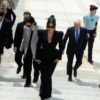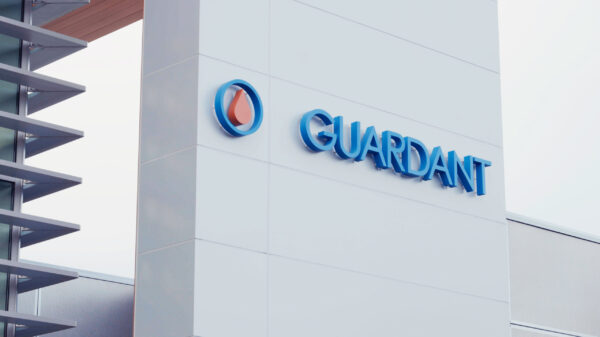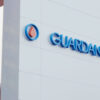Krystal Biotech Inc (NASDAQ: KRYS) reported promising results from its inaugural phase “KYANITE-1” study this week. It is assessing the biotech operator’s solid tumour non-small cell lung cancer (NSCLC) treatment drug — KB707.
In the study, the inhalable therapeutic demonstrated a 27 per cent objective response rate (ORR), thereby proving that the drug is helping to get rid of cancer cells in a significant number of patients with advanced NSCLC. It also had a 73 per cent disease control rate, which shows that tumours weren’t growing in the majority of participants post-administration.
The first patient in the 37-participant cohort was dosed in April. KB707 can also be administered through intratumoral injection, but this analysis is focused on the inhalable variation.
“Inhaled KB707 has been safe and generally well tolerated to date in this diverse, heavily pre-treated patient population with advanced disease,” Krystal explained in a press release, “and amenable to administration in an outpatient setting.”
Additionally, KB707 demonstrated a 36 per cent ORR in targeting malignant lung lesions in participants.
Krystal received fast-track designation from the FDA for the inhalable variation of the therapeutic in February. This followed the company obtaining the same approval for the intratumoral version last summer. This designation is intended to get valuable drugs into the hands of healthcare providers in a timely manner.
The oncology operator currently has a 100,000-square-foot manufacturing facility in Pittsburgh, Pennsylvania where it is based. This US$4.6-billion-dollar biotech company was founded by a husband and wife duo: Krish Krishnan and Suma Krishnan. The pair recently decreased their stake in Krystal by well over US$20 million, leading to speculation.
Read more: Breath Diagnostics onboards new president and closes critical financing
Read more: Breath Diagnostics pioneers novel lung cancer breath test
Krystal has been having financial success
The company’s earnings per share increased significantly between Q2 and Q3 this year, by US$0.41 to US$0.95. This achievement exceeded the expectations of analysts.
It can be significantly attributed to the launch of “VYJUVEK” sales last year — the company’s first commercial product. This drug is used to treat Dystrophic Epidermolysis Bullosa — a rare and painful skin condition.
In Q3, Krystal generated over US$83 million in revenue from this therapeutic. Krystal had a cash balance of US$374 million at the end of the quarter and only about US$180 million in debt.
Between 2022 and 2022, Krystal moved from having a net loss of US$140 million to a net profit of nearly US$11 million, showcasing a substantial recent turnaround.
The company just announced plans to expand its business into Europe and Japan next year. Multiple financial firms have upped their stock targets for Krystal in recent months. Shares have risen by over 29 per cent since Jan. 1 and are currently trading for US$160.06.
rowan@mugglehead.com














